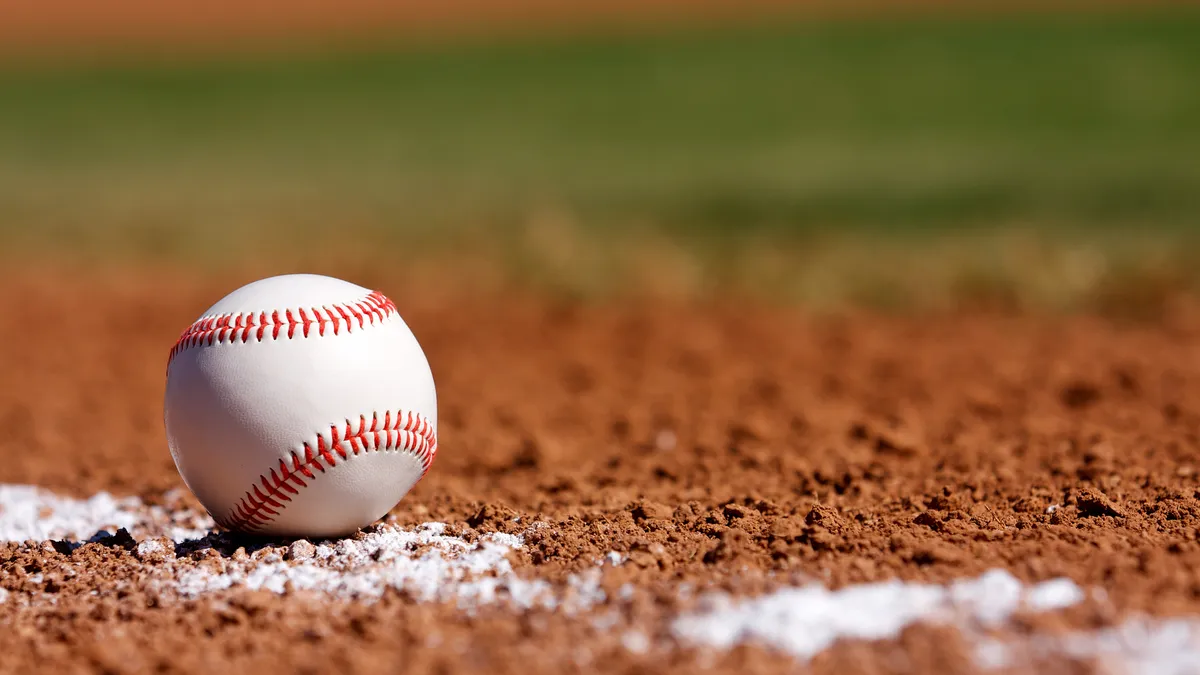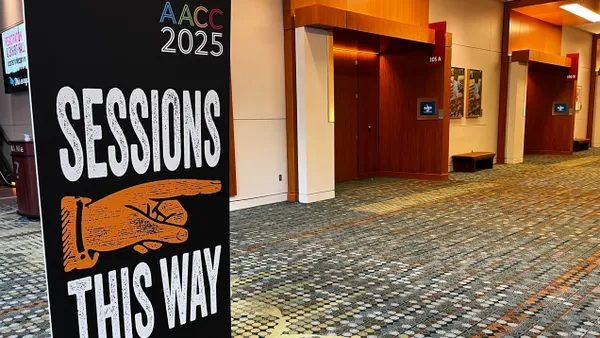Dive Brief:
- Men student-athletes say they lack the knowledge and skills to serve as active bystanders when it comes to preventing sexual assault, despite having the desire to do so, according to a new report from It’s On Us, an organization dedicated to preventing campus sexual assault. Surveyed athletes also said they don't consider their colleges' awareness and prevention programs to be effective.
- It's On Us recommends colleges offer prevention education that includes statistics on and examples of the spectrum of healthy to unhealthy relationships, as well as of abusive behaviors.
- Putting gender-inclusive examples into prevention programs is pivotal to combating the stereotype that men are not susceptible to sexual and domestic violence, the report said. Programming should also highlight a college's reporting procedures and support resources for survivors who are men, as well as how athletes can support teammates who experience sexual misconduct or domestic abuse.
Dive Insight:
Research shows as many as 1 in 4 undergraduate women and 1 in 20 undergraduate men report sexual misconduct.
But It’s On Us found that a majority of surveyed men athletes don't know their college's policy for responding to sexual misconduct. And those who were familiar with it said they didn't trust the college's responses, based on conversations they had had with survivors who reported assaults.
Between November 2022 and January 2023, It’s On Us held focus groups for 710 men athletes on club teams, community college teams, and all NCAA divisions. Just over 2 in 5 athletes said someone had disclosed an incident of sexual assault or domestic violence to them, the report said.
Men student-athletes were likely to believe and support survivors who disclosed assaults directly to them, the report said. But the athletes were also concerned that sexual assault allegations and the repercussions could be used against them or their teammates. Research shows less than 4.5% of sexual assault and domestic violence accusations are false, according to the report.
College prevention trainings should share this information and work to undo harmful stereotypes about individuals who make sexual assault allegations, the report said.
And instead of focusing on what men student-athletes shouldn't do, It's On Us recommended reframing prevention programs through the lens of what these men should do, such as asking for consent. This lens is especially productive for groups like sports teams that have shared identities or experiences, according to the report.













